Class Times - 9:00am - 5:00am each day
Drop-off 8:15am - 8:40am
Pick-up 5:00pm - 5:15pm
Below are the classes for MSTL students (grades 9-10).
Stellar Physics: From Quantum to Cosmic Scales
This class introduces central physics concepts through astrophysics! Learn about classical mechanics, quantum mechanics, and nuclear physics by solving the equations that dictate our universe. We will go from microscopic electrons to light waves, from the formation of the universe to the present day, and from hot gas to the stars we know and love. Students will also become familiar with the jobs and tools of present-day astronomers and astrophysicists. This will not be a simple lecture class – students will get to prototype their own telescope and spend time outside observing our own sun!
Monday - We start big with the creation of the universe, and the physics that we still don’t understand. The class will learn about large-scale galaxy formation, and the atomic structure that made recombination possible. The students will go through the calculation of Hubble’s constant and look at models using different possible values.
Tuesday - Tuesday focuses on applications of classical mechanics in space. We will start with the theory of universal gravitation and look at the formation of galaxies due to collapsing gas clouds. The class will then move on to angular momentum and orbital mechanics and look at both two- and three-body problems. We’ll derive Kepler’s laws together and end with edge cases: when is normal gravity not enough, and when do we need general relativity to calculate orbits?
Wednedsay - The students will learn about the lifecycle of a typical star, and how the atoms and molecules within a star evolve. We’ll start with the basics of an atom, the energy levels within hydrogen atoms, and expand to all possible stellar molecules. The class will discuss how many of the elements in the universe were formed, and why certain elements cannot be formed in stars. We will work out the relationships between energy, mass, and luminosity, and look at real data from stars in our universe to calculate distances.
Thursday - We will begin with light – it behaves as a particle and as a wave, what are the conditions for each? The class will discuss light’s wave-like behavior through the creation and measurement of stellar spectra. We’ll learn about light’s particle-like behavior through a few radiative processes, including electron energy-level transitions and synchrotron radiation. The students will have some time to experiment with and build a simple stellar telescope. The class will spend some time outside to safely observe the sun’s real spectrum.
Friday - The class will wrap up the week with an introduction to special relativity. We’ll talk about time dilation, space contraction, and the doppler effect as it applies to light from space. This will connect to some of our information from Monday, and the students will get to choose their favorite topic from the week to go more in-depth on. We will also talk about the jobs of real astrophysicists today and get to know some of the hottest topics in the field.
Foundations of A I
This class provides an overview of the fundamentals of machine learning and its application to large data sets. Students will learn the concepts and mathematical principles behind artificial neural networks. Students will then apply these concepts and principles to train and implement machine learning and AI frameworks, such as large language models and other deep learning networks, on cutting edge MSU High-Performance Computing Center resources hosted by the Institute for Cyber-Enabled Research.
Class Objectives:
- Understand the fundamental concepts of artificial neural networks
- Understand the application of deep learning frameworks to large data sets
- Understand the importance of self-attention in large language models
- Understand the process of training deep learning frameworks using high-performance computing systems
Monday - Students will learn the fundamentals of artificial neural networks
Tuesday - Students will learn the principles and practice of deep learning models
Wednesday - Students will learn the principles behind generative pre-trained transformer (GPT) models
Thursday - Students will participate in hands-on exercises in using supercomputers to train deep learning models on large data sets
Friday - Students will participate in hands-on exercises in using supercomputers to implement large language models
Leadership
This leadership course is designed to help high school students develop the skills and mindset needed to become effective leaders in their schools while preparing for the expectations of college and the college application process. Through interactive discussions, collaborative activities, and real-world scenarios, students will explore what leadership looks like in academic settings and how leadership experiences can strengthen college readiness.
Students will examine different leadership styles and reflect on how their personal strengths, interests, and values shape the way they lead. The course emphasizes communication, teamwork, responsibility, and initiative—skills that are essential both in high school leadership roles and in college classrooms, organizations, and research environments. Each day will provide insight into options in high school, choosing college and career paths and speaking with experts in the field of education.


